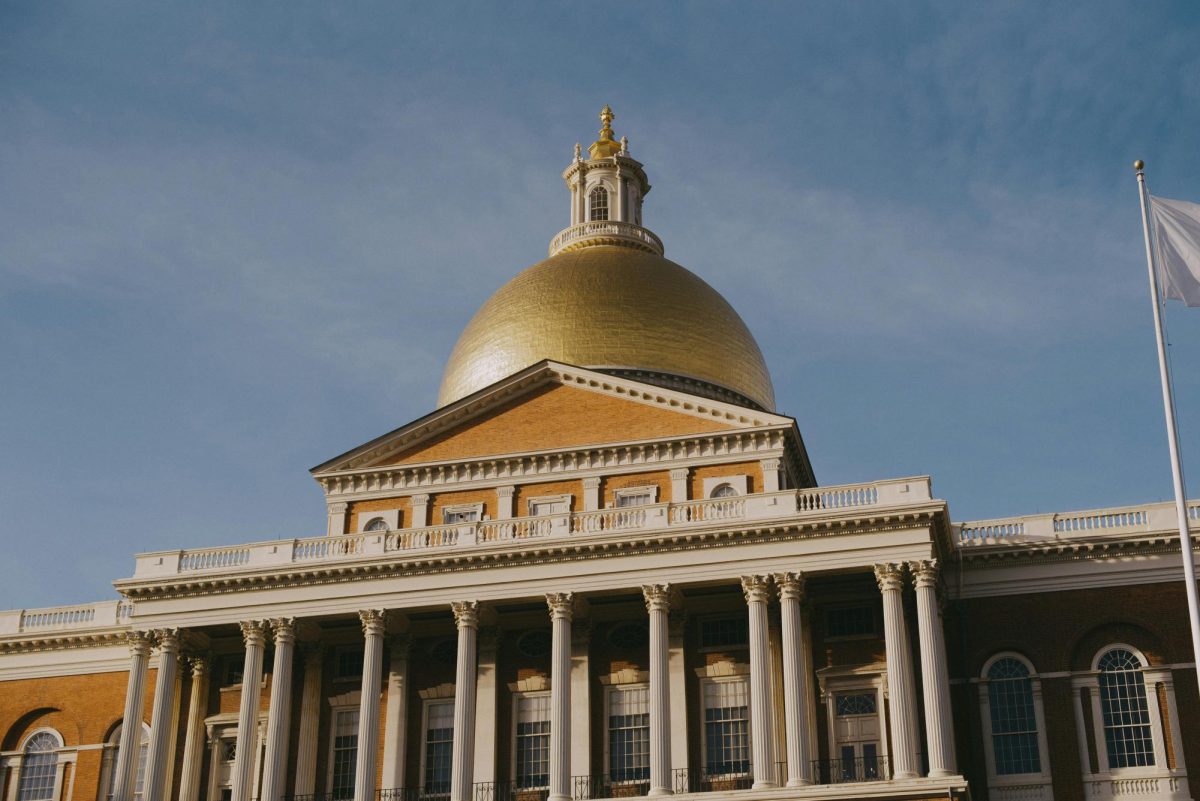As the humanitarian crisis in Gaza and the West Bank intensifies, provoking international debate since Oct. 7, 2023, pro-Palestinian activists in the Boston area continue being met with heavy police monitoring and, in some cases, legal action against demonstrators.
On October 31, a pro-Palestine protest at the Cambridge office of Elbit Systems, a weapons manufacturer that is one of Israel’s largest defence contractors, ended in the arrests of multiple activists. Students on college campuses have made up a large portion of those protesting for this cause. Now, they’re voicing concerns about the strength of the police response to their demonstrations on and off campus.
A Cambridge Police Department report alleges that although the event was calm at first, officers were assaulted later in the day while attempting to prevent protesters from defacing the weapons manufacturer’s building. However, students who spoke to The Scope maintain that the protest remained peaceful.
A student identifying as Rose, 19, who attends a college in Rhode Island, was arrested by police during the demonstration at Elbit Systems along with eight other demonstrators, three of them students. Many of those arrested were taken into custody on charges of disorderly conduct.
Rose, who had never been arrested before, said in January that she feels as though the legal consequences of protesting are disproportionately aggressive and that young, Pro-Palestinian voices have been punished for exercising their rights. She noted that one of her co-defendants, “who is also 19 by the way, got arrested later for another action against Elbit” and is facing severe legal repercussions.
Despite facing arrest Rose said that she “left that jail way more invigorated to keep showing up and do more, because someone has to do something about this.”
Emet Jewett is a community organizer who attended the protest of Elbit Systems. The 19-year-old, who witnessed the students’ arrests, recounted the Cambridge police force’s use of pepper spray as a means of crowd control during the Elbit protest, adding that protesters impacted were helped by medics.
“The response from police to protest is that their use of force is used to break up violent crowds,” said Jewett. “In reality, it is used as a deterrent to keep people out of the streets.”
Jewett’s attitude reflects what activists say is a heavy-handed police response, forcing protestors to rely on other demonstrators and medics for their protection, to aid with the effects of pepper spray and tear gas that are often present in crowd control scenarios.
In the time that has passed since the protest, Jewett optimistically says that the incident is changing how protesters plan demonstrations.
“We are starting to create a culture of care around organizing, getting your friends organized rather than arrested,” they said.
Both Rose and Jewett emphasize the importance of safety, support, and building community within activism circles. As residents in the greater Boston area continue to engage in protest action and vigils in support of Israel and Palestine, organizers and attendees continue to prioritize keeping members of their communities safe.
Somerville resident Jacy Cherry, 19, is a student at Lesley University in Cambridge. They feel that student activists would benefit from increased institutional support at their universities when it comes to the conflict and humanitarian crisis in Gaza.
“More schools need to be supporting students openly,” Cherry said. “Schools could do a lot of work to stop what’s happening or to call for a ceasefire.”
Cherry added that in their view, the most appropriate places for protests are corporations with a direct impact on the conflict, like defense contractor RTX, formerly called Raytheon Technologies, and Elbit Systems.
Despite the cost that public protest can have for students, Cherry feels that young activists should stay committed to the cause and to change-making.
“It’s great for students to be speaking their mind,” Cherry said, “even though a lot of them are getting in trouble for it.”

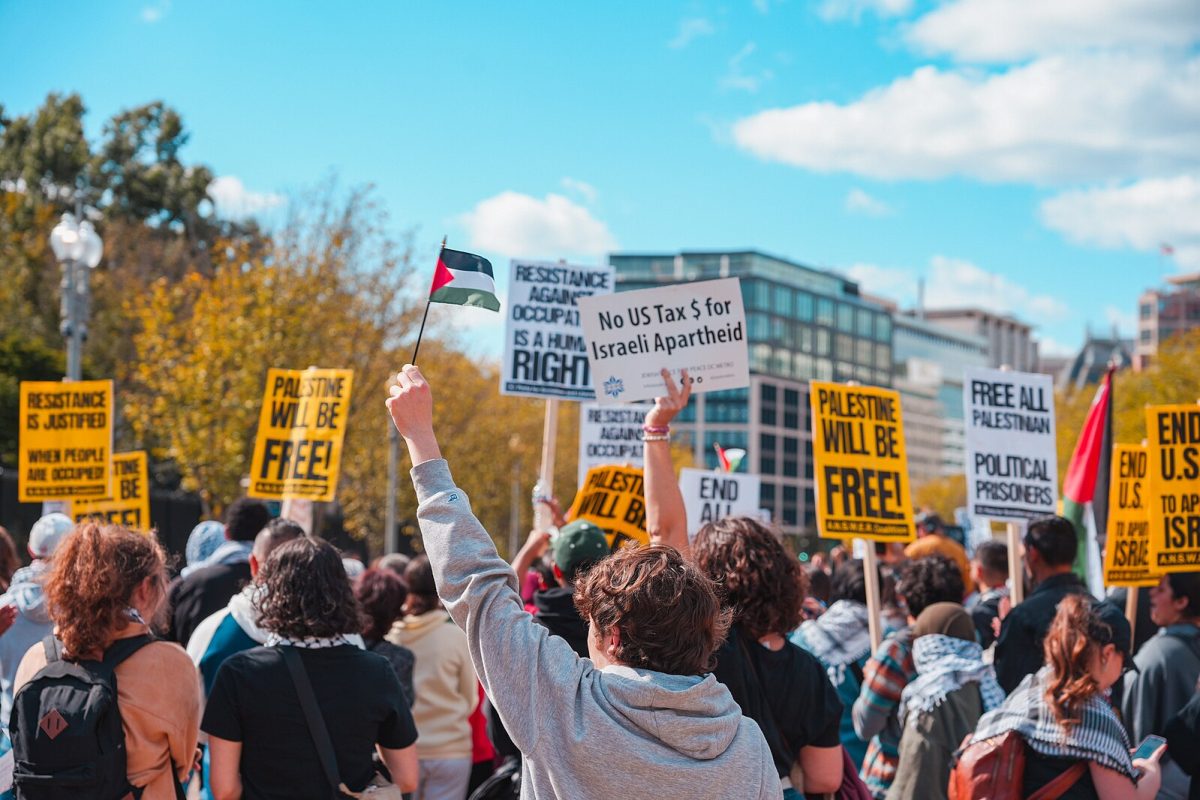
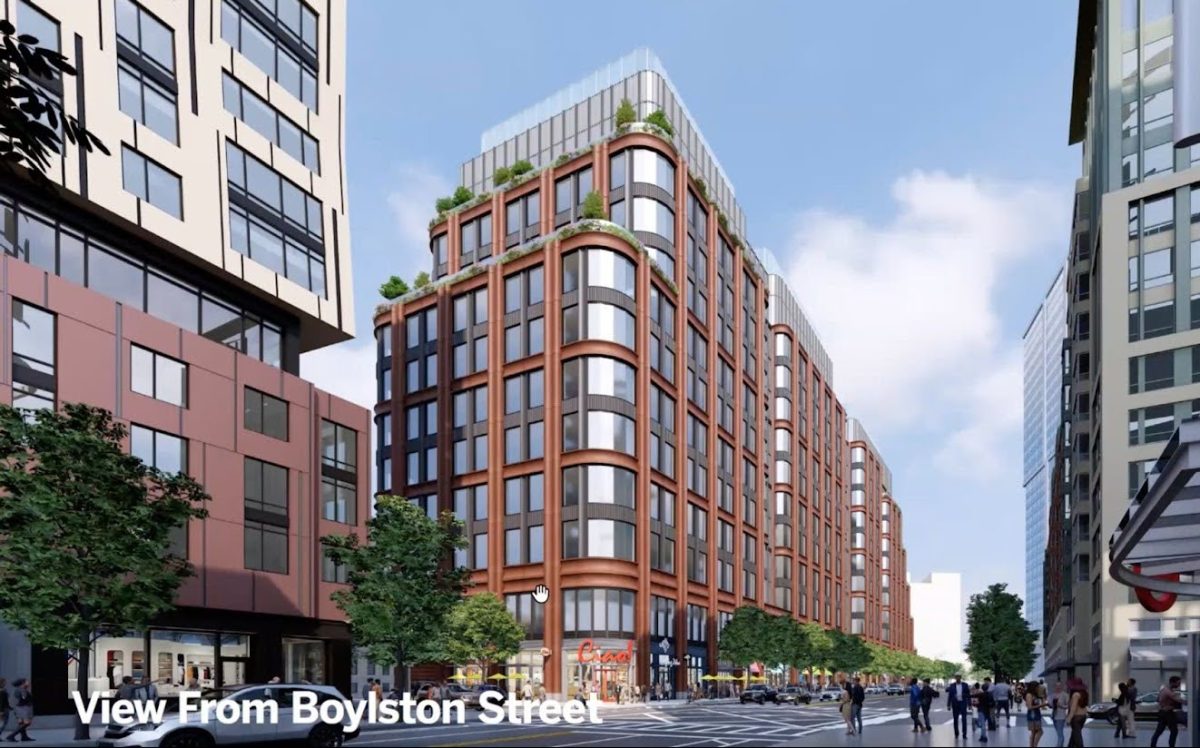

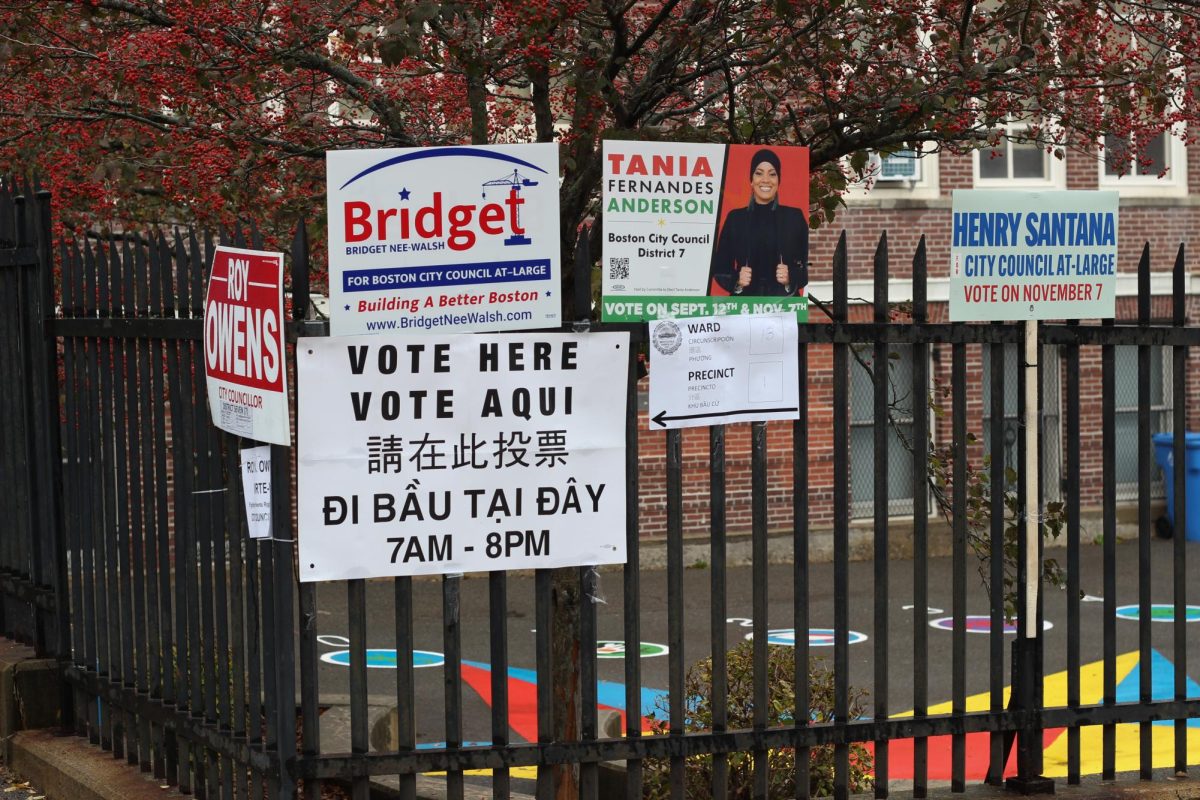
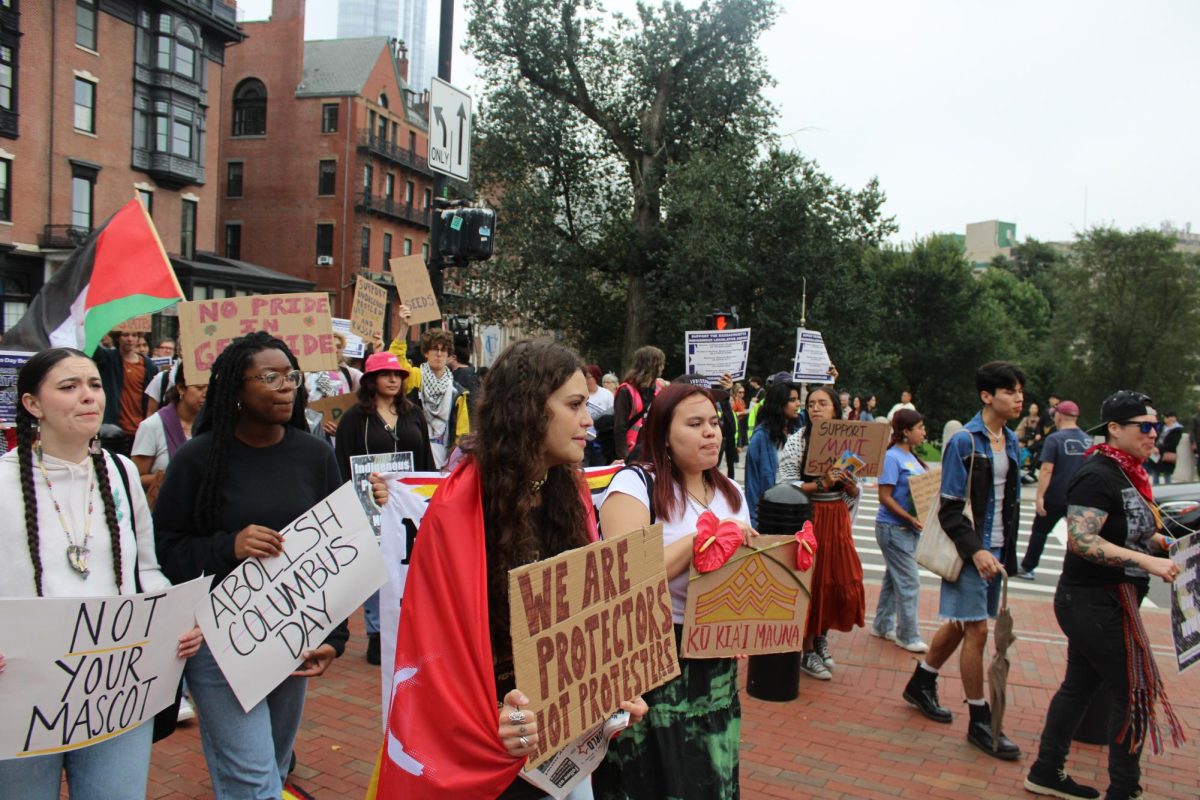
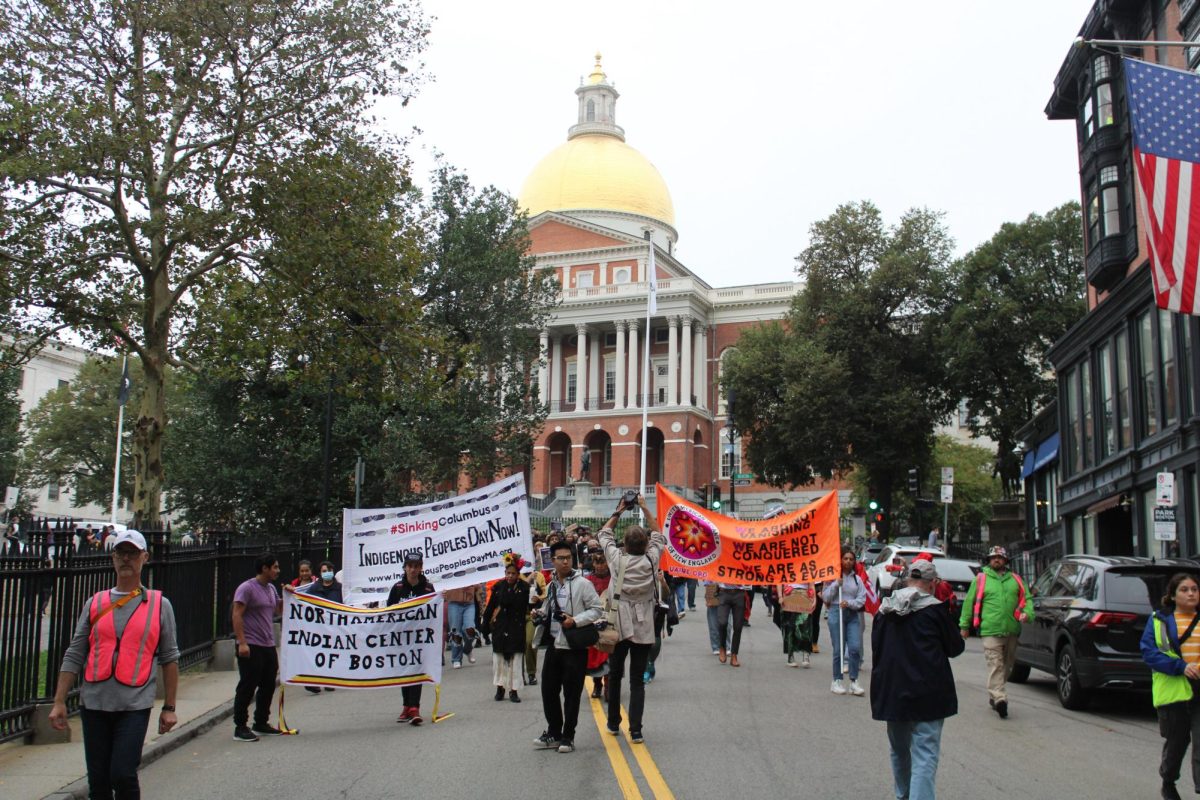
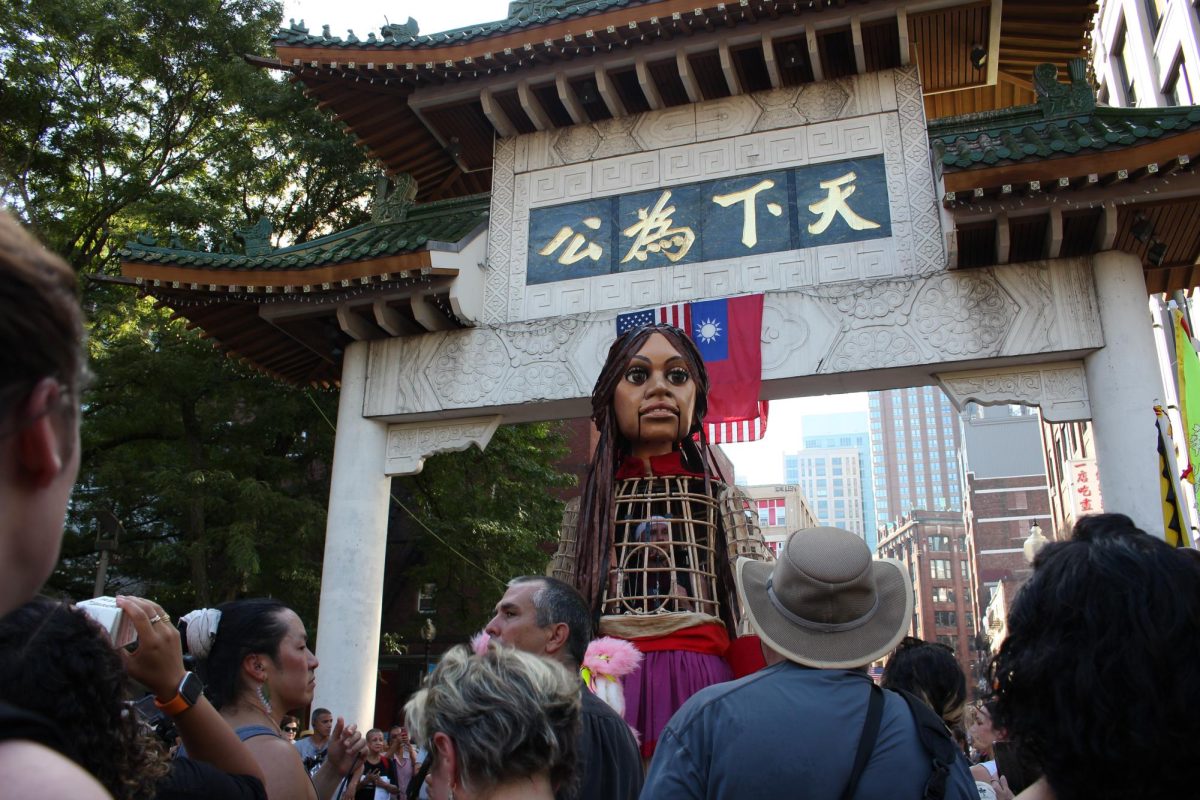

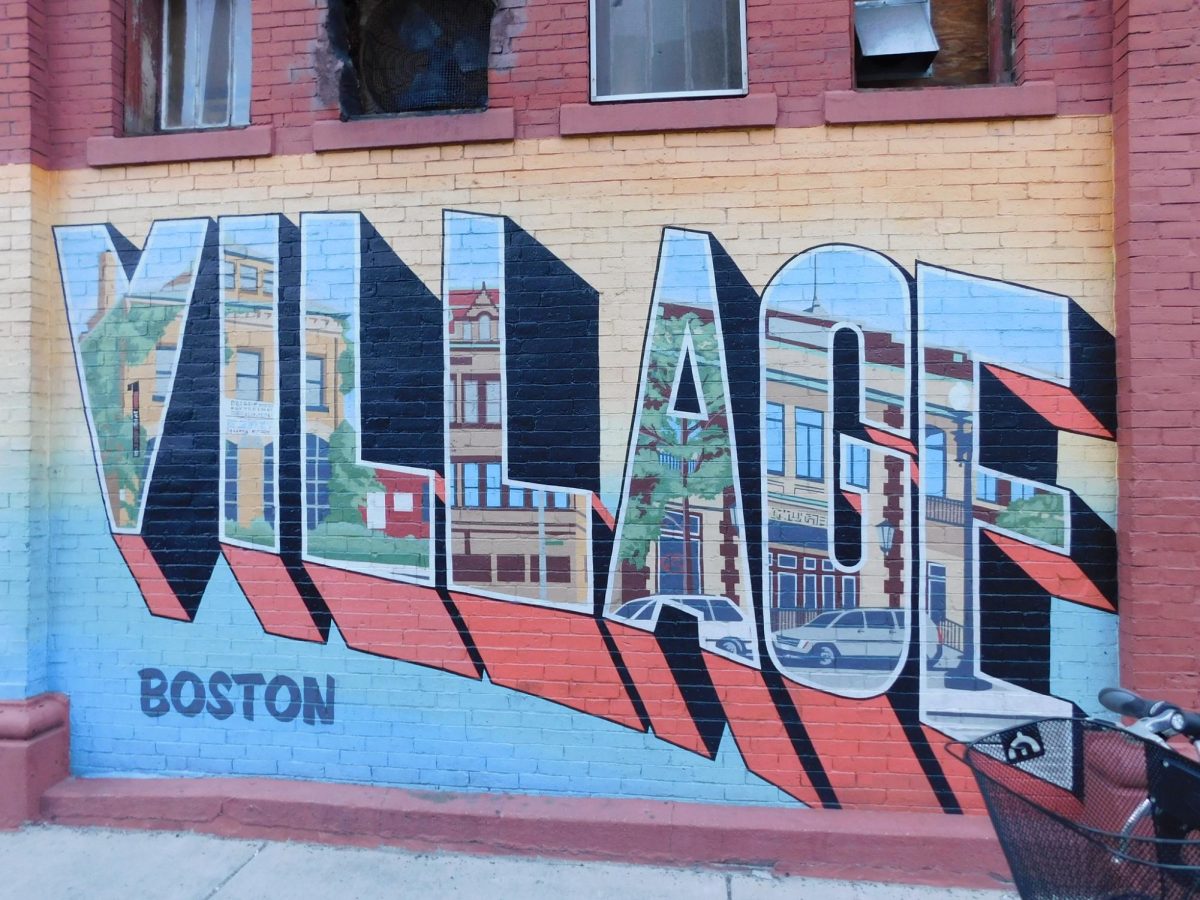
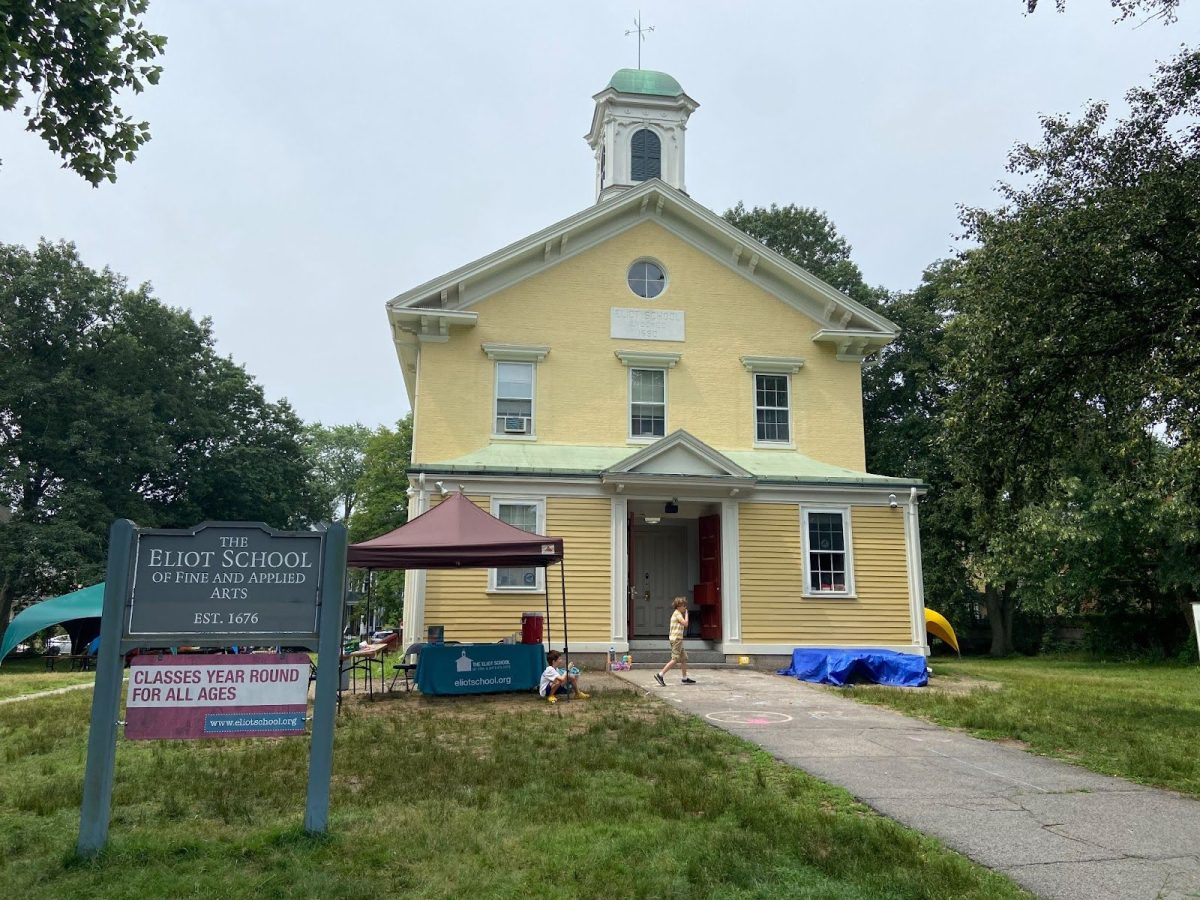
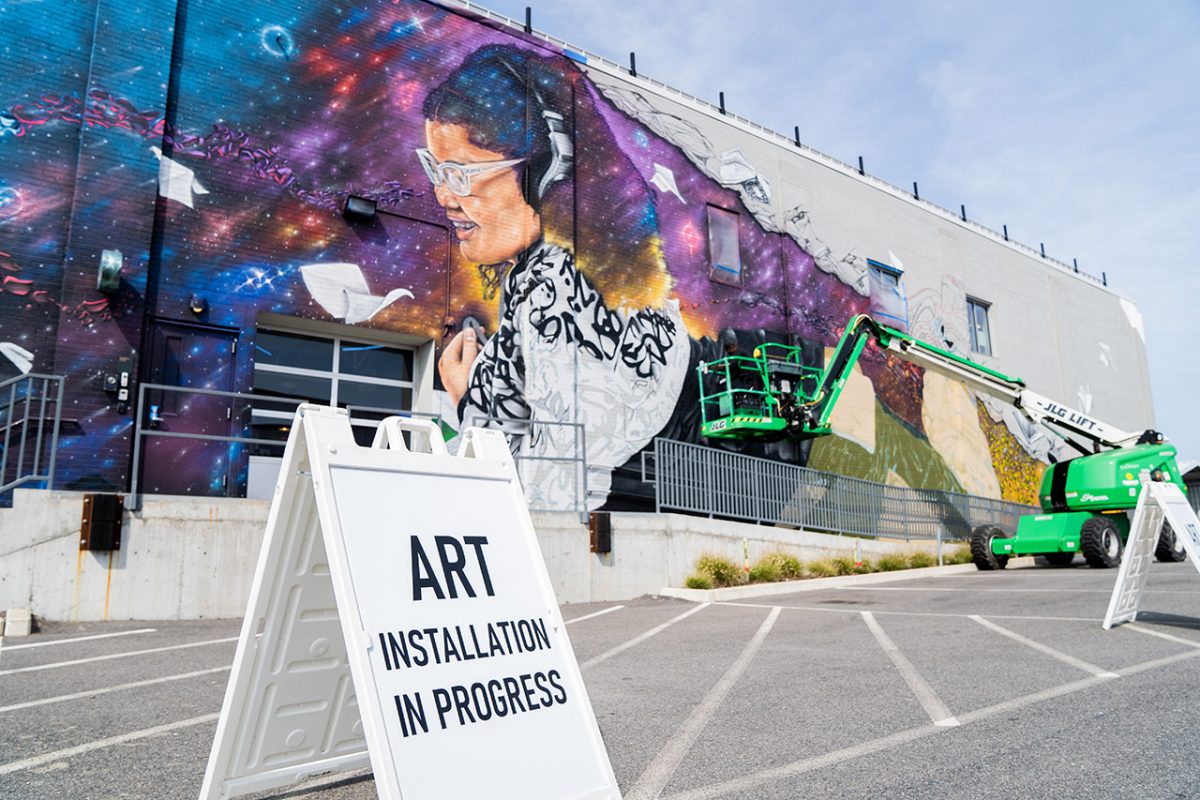
![Worcester, MA — Pearson’s recent piece “Lipstick on a Pig” contends with her self-perception. The title of the painting came to her first, “fixating in [her] head quite a lot,” Pearson said.](https://thescopeboston.org/wp-content/uploads/2024/03/2-1200x800.jpg)
